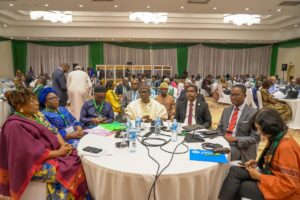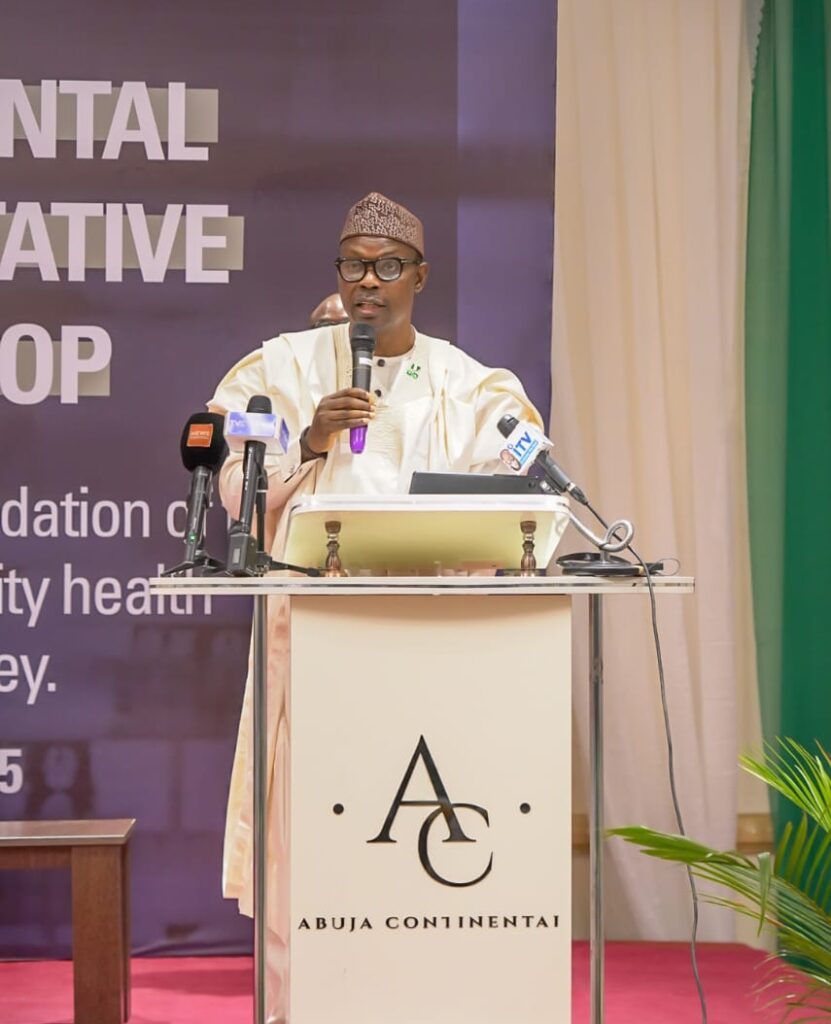Federal Government of Nigeria have enjoined African governments to enhance community health systems by ensuring they are neither fragmented nor underfunded, but rather integrated, adequately financed, and people-centered.
Nigeria made the call through its Minister of State for Health and Social Welfare, Dr. Iziaq Salako, on Tuesday in Abuja while addressing delegates from across the continent at the Continental Consultation on Community Health. The event focused on validating the 2024 Community Health Landscape Survey and shaping strategies for the Community Health Worker (CHW) framework, scorecard, and strategic action plan.
Salako emphasised the pivotal role of Community Health Workers (CHWs) in achieving universal health coverage across Africa, describing them as the first line of defense in healthcare delivery.
“Our CHWs are the advocates of preventive care, custodians of health education, and the bridge that connects health systems to the communities where people live,” he said.
“As we deliberate, let us do so boldly, with a shared vision to ensure that community health systems are no longer fragmented or underfunded, but are fully embedded in national planning, sustainably financed, and owned by our communities.”

Restating Nigeria’s commitment to the continental agenda, Salako said the country—serving as the African Union (AU) Champion on Human Resources for Health—will continue to lead by example, support peer learning, and work with other member states to achieve the target of deploying 2 million CHWs by 2030.
Reflecting on the lessons of the COVID-19 pandemic, Salako highlighted the vital role CHWs played in response efforts, including immunisation, health education, disease surveillance, and reaching underserved populations.
“The pandemic taught us that community health systems are not a luxury but a necessity,” he stated. “Their institutionalisation, optimal deployment, fair remuneration, and clear career pathways must be non-negotiable.”
He further reiterated Nigeria’s alignment with the continental vision to reposition Primary Health Care (PHC) as the cornerstone of its health system.
The minister urged delegates to take the consultation seriously, using it as an opportunity to validate findings from the first-of-its-kind Community Health Landscape Survey, strengthen national health profiles, refine the CHW framework, and co-develop the Community Health Scorecard, a critical tool for performance tracking, advocacy, and accountability.
“Let the outcomes of this consultation feed directly into the AU Champion’s Workplan on Human Resources for Health,”
“It must define milestones, outline high-level advocacy actions, and align partner strategies, not just with reports and recommendations, but with institutionalised change, continent-wide political momentum, and data-driven action at the grassroots”, Salako said.

